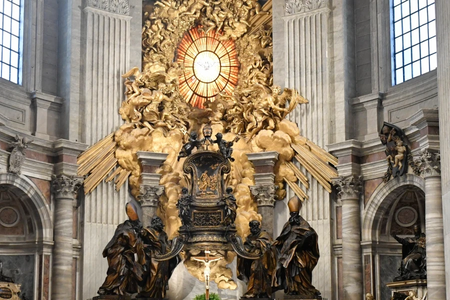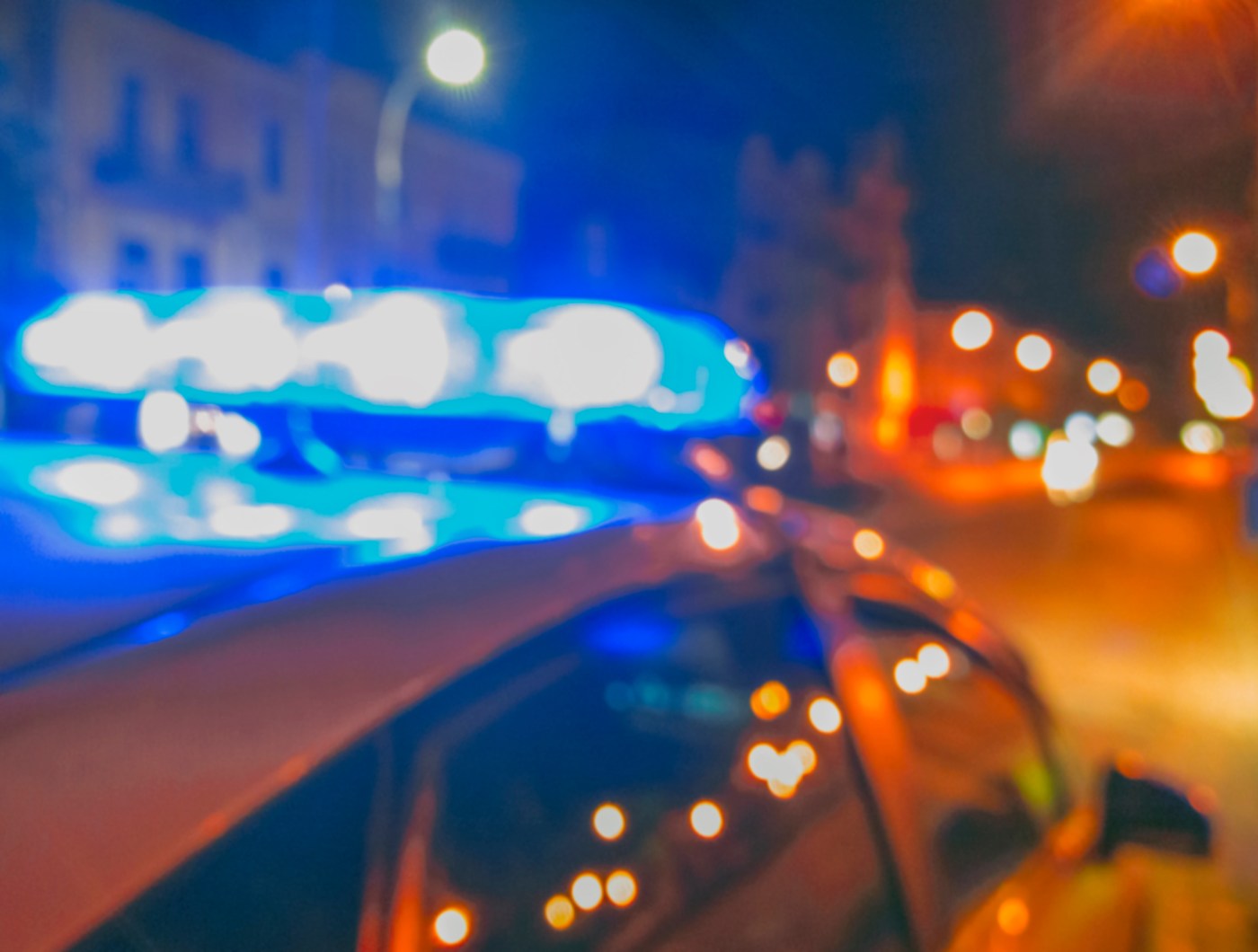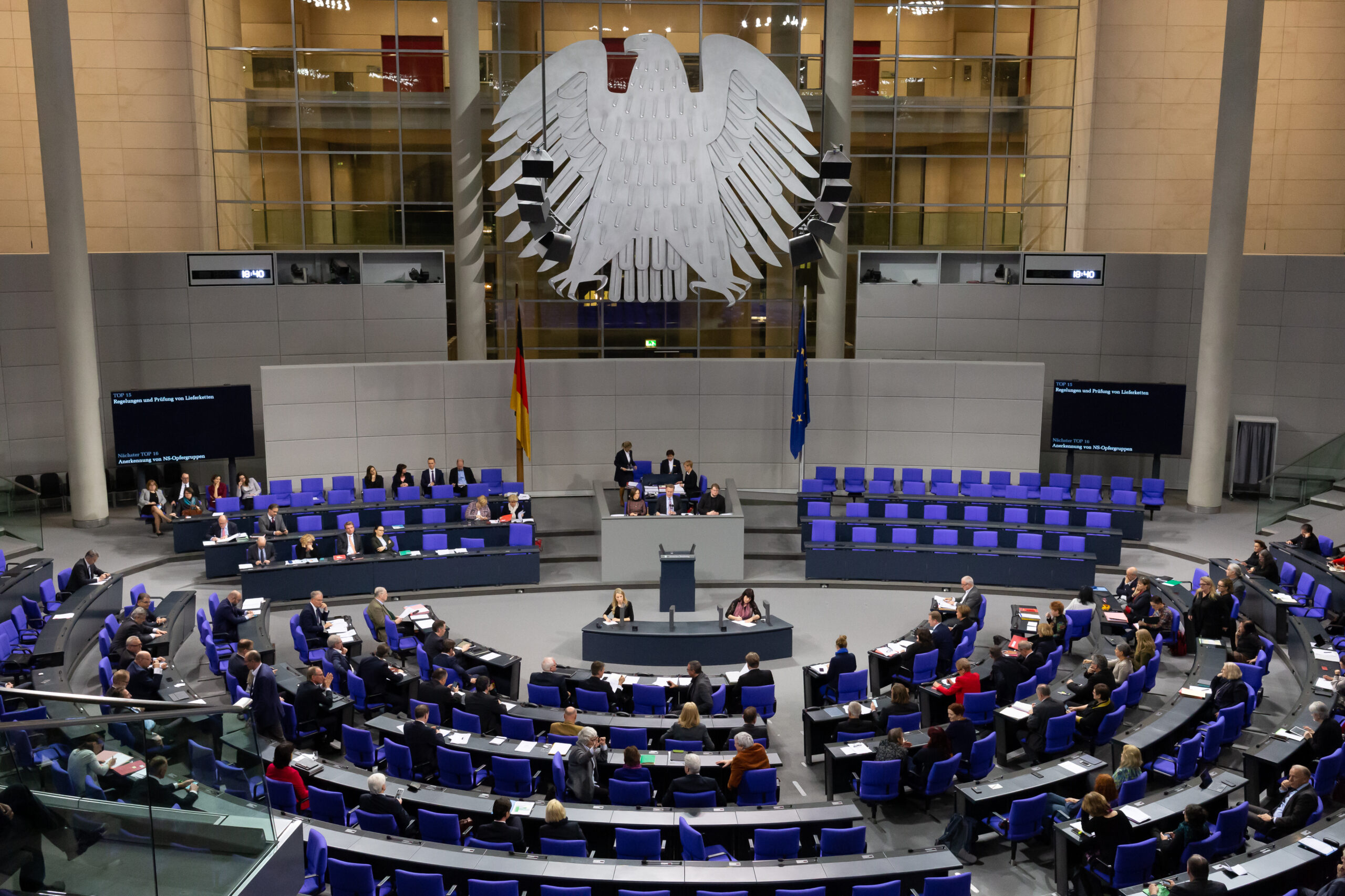
The ongoing debate surrounding Columbus Day has sparked renewed discussions about the historical implications of Christopher Columbus’s voyages. Observed on October 12 each year, this holiday commemorates Columbus’s arrival in the Americas in 1492. Yet, the celebration has become contentious as many argue it overlooks the impact of colonization on Indigenous Peoples.
Christopher Columbus, born in Genoa, Italy, undertook his famous journey under the auspices of the King and Queen of Spain. His crew primarily consisted of Spanish sailors, and their expedition aimed to find a direct trade route to Asia. Instead, they made landfall in the Bahamas, leading to widespread European exploration and eventual colonization of the Americas.
This historical context is crucial as communities across the United States grapple with the legacy of Columbus’s actions. For many, the holiday represents a painful reminder of the violence and oppression faced by Indigenous Peoples following European contact. As a result, various states and municipalities have chosen to replace Columbus Day with alternative observances, such as Indigenous Peoples’ Day, in recognition of the need for a more inclusive historical narrative.
The United Nations has also acknowledged these concerns, highlighting the importance of respecting the rights and cultures of Indigenous communities globally. In 2007, the UN adopted the Declaration on the Rights of Indigenous Peoples, which emphasizes the need for reconciliation and understanding regarding historical injustices.
As discussions continue, the debate surrounding Columbus Day reflects broader societal shifts towards recognizing and addressing the complexities of history. Advocates for change argue that understanding the full story, including the negative repercussions of colonization, is essential for fostering a more equitable society.
Local governments and organizations now find themselves at a crossroads, weighing the historical significance of Columbus’s voyages against the need for cultural sensitivity. The movement to reexamine the holiday has gained momentum, with public forums and discussions taking place to educate communities on the diverse perspectives surrounding this contentious figure.
The evolving conversation about Columbus Day serves as a reminder of the importance of historical awareness and the ongoing quest for justice and recognition for those who have been marginalized throughout history. As communities reflect on their past, the question remains: how best to honor history while making space for those who were profoundly affected by it?







